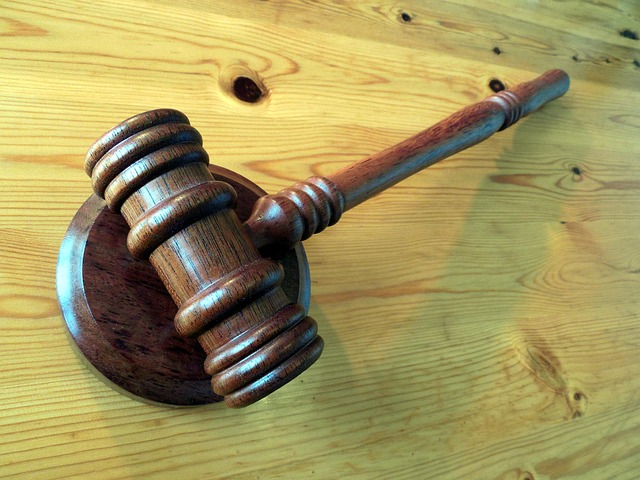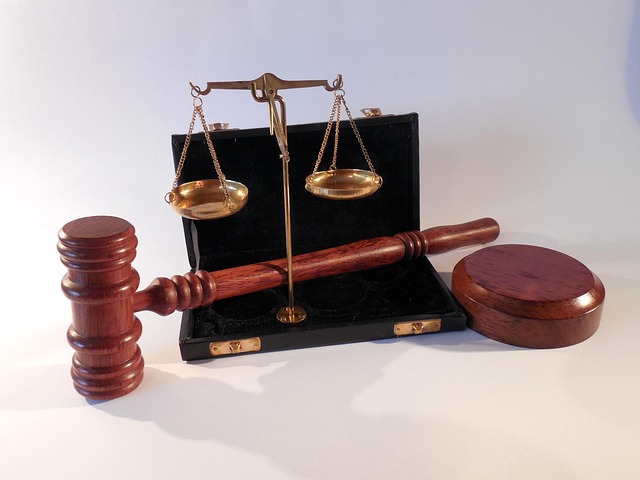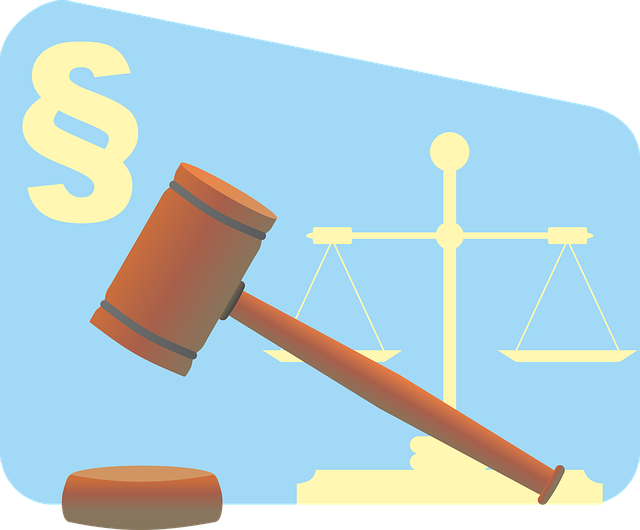Regulatory Fraud Laws are critical weapons against white-collar crimes like embezzlement and money laundering, impacting various entities with severe penalties. These laws guide property dispute litigation by defining fraud, governing investigations, and influencing charging decisions. In such complex cases, strategic litigation involves meticulous fact-finding and legal analysis to uncover fraudulent activities. Engaging specialized attorneys is key for favorable resolutions via settlements or trials. Case studies highlight successful outcomes, deterring future violations and emphasizing the effectiveness of regulatory integrity through litigation.
Regulatory fraud laws are crucial tools in combating deceptive practices across various sectors. This article delves into the intricate world of these laws, focusing on their definitions and broad scope. We explore an unexpected connection between regulatory fraud and property disputes, highlighting the legal framework governing both. Understanding how litigation can effectively settle property disputes is key. Through strategic approaches and real-world case studies, we uncover essential considerations in regulatory fraud cases, emphasizing the importance of settling property disputes through litigation.
- Understanding Regulatory Fraud Laws: Definitions and Scope
- Property Disputes and Legal Framework: A Connection Unveiled
- Litigation as a Tool: Strategies for Settling Property Disputes
- Key Considerations in Regulatory Fraud Cases
- Case Studies: Real-World Examples of Effective Litigation
Understanding Regulatory Fraud Laws: Definitions and Scope

Regulatory Fraud Laws are designed to combat a wide range of illicit activities that exploit or undermine legal frameworks governing various industries and sectors. These laws target individuals and entities engaged in white-collar and economic crimes, encompassing acts such as embezzlement, money laundering, and fraudulent accounting practices. The scope of these regulations is vast, extending to financial institutions, corporations, and even government bodies, with severe penalties for non-compliance.
Understanding the nuances of Regulatory Fraud Laws is crucial for settling property disputes through litigation. These laws not only define what constitutes fraud but also dictate how investigations are conducted and charges are pressed. Across the country, legal professionals play a pivotal role in interpreting these statutes, ensuring that justice is served while achieving extraordinary results. By navigating the complexities of regulatory fraud cases, they help clients navigate legal labyrinths, protecting their rights and interests in an ever-evolving legal landscape.
Property Disputes and Legal Framework: A Connection Unveiled

Property disputes are a complex web where legal frameworks play a pivotal role. In the context of regulatory fraud laws, these disputes often intertwine with white-collar defense strategies. When individuals or entities face charges related to fraudulent activities, understanding the intricate details of property ownership and dispute resolution is essential. Settling property disputes through litigation requires a deep dive into the legal system, where each state across the country may have its own nuances and rules.
The connection between regulatory fraud laws and property disputes lies in the fact that both involve navigating complex regulations and seeking justice. Achieving extraordinary results in these cases demands a comprehensive approach, ensuring every legal angle is explored. From contractual disagreements to fraud allegations, the legal framework provides guidelines for resolution, offering a fair and transparent process, whether it’s mediating a peaceful settlement or facilitating a robust trial.
Litigation as a Tool: Strategies for Settling Property Disputes

Litigation serves as a powerful tool for settling property disputes arising from regulatory fraud laws. In many cases, civil lawsuits can lead to significant recoveries for victims without the need for criminal charges. This approach allows individuals and businesses to seek redress through court proceedings, aiming to regain assets or compensate for financial losses incurred due to fraudulent activities.
Strategic litigation involves careful consideration of the facts and applicable laws. When faced with complex white collar and economic crimes, plaintiffs may opt for alternative dispute resolution methods or pursue jury trials to enforce their rights. The goal is often not only to achieve a complete dismissal of all charges but also to set precedent, deter future misconduct, and restore fairness in situations where fraud has occurred.
Key Considerations in Regulatory Fraud Cases

When navigating regulatory fraud cases, several key considerations come into play. One crucial aspect is understanding the specific regulations and industry standards that have been allegedly violated. Regulatory fraud can encompass a wide range of activities, from financial misreporting to product safety violations. Therefore, a thorough examination of the facts and evidence is essential. This includes reviewing documents, digital records, and expert opinions to establish the extent of any fraudulent behavior.
Another significant factor in these cases is the role of legal representation. Engaging experienced attorneys with an unprecedented track record in regulatory fraud defense can significantly impact the outcome. These specialists can navigate complex legal landscapes, ensuring that clients’ rights are protected throughout the process. Whether through settlement negotiations or jury trials, a strategic approach is vital to reaching favorable resolutions and minimizing potential penalties.
Case Studies: Real-World Examples of Effective Litigation

In the realm of regulatory fraud laws, case studies offer valuable insights into the practical application and impact of litigation strategies. Real-world examples illustrate how businesses and individuals have navigated complex legal landscapes, ultimately achieving extraordinary results in settling property disputes through litigation. High-stakes cases often involve significant financial implications and require meticulous planning to avoid indictment.
By examining these cases, we see successful strategies that range from robust document discovery processes to innovative interpretations of existing laws. Companies have been held accountable for their actions, but many have also emerged with enhanced reputations by demonstrating transparency and cooperation during the legal process. This not only highlights the importance of adherence to regulations but also serves as a deterrent for potential future violations, emphasizing the effectiveness of litigation in upholding regulatory integrity.
Regulatory fraud laws play a pivotal role in maintaining integrity within various industries. By understanding the definitions and scope of these laws, recognizing their connection to property disputes, and leveraging litigation as a powerful tool, individuals and businesses can navigate complex regulatory environments effectively. Key considerations in regulatory fraud cases, highlighted through compelling case studies, underscore the importance of proactive strategies for settling property disputes through litigation. This approach not only ensures compliance but also fosters a culture of transparency and accountability, ultimately bolstering trust in our legal systems.






